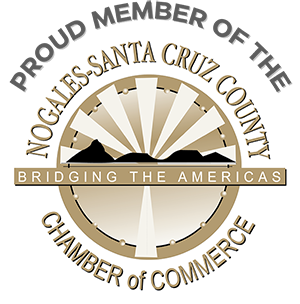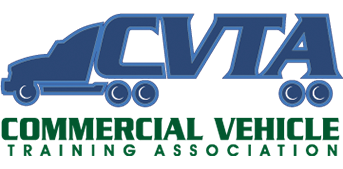The Federal Motor Carrier Safety Administration (FMCSA) sets requirements for the training of entry-level drivers. This means anyone who is getting their Class A commercial driver’s license (CDL) for the first time, upgrading from a Class B to a Class A, or earning certain endorsements for the first time. Their requirements include completing a training program that includes a combination of theory and behind-the-wheel instruction.
The FMCSA’s entry-level driver training (ELDT) requirements were updated on February 7, 2022. If you are planning to get your CDL, it’s important to choose a program that meets these requirements. Our programs at HDS Truck Driving Institute (HDS truck driving school) meet all the new ELDT requirements.
What Has Changed?
To understand what effect the ELDT changes have on CDL instruction, it’s helpful to consider how these requirements are different from previous regulations.
Here are some of the changes with the new ELDT requirements:
- Previously, any institution that met CDL training requirements within a given state could provide entry-level instruction. Now, only those that are on the FMCSA’s Training Provider Registry (TPR) can do so. Schools must meet all the new requirements and apply to join the TPR.
- The new requirements standardize topics for instruction.
- CDL schools, rather than the Department of Motor Vehicles (DMV) as was the case previously, will now administer the CDL written test and will need to report student scores to the FMCSA.
Theory Instruction Requirements
There are no minimum hours for CDL training, but the training must cover all of the FMCSA’s required topics.
For theory training, providers must also use assessments to determine whether trainees are proficient in these topics and students must earn an 80% or higher on these assessments.
The topics for CDL theory training are broken up into five categories, each of which include sub-topics.
The categories are:
- Basic Operation: This includes topics such as basic vehicle control, backing and docking, and pre-trip and post-trip inspections.
- Safe Operating Procedures: Trainees must understand space management, speed management, night operation, and other topics related to safely operating commercial vehicles.
- Advanced Operating Practices: This category includes hazard perception, emergencies (skid control/recovery, jackknifing, and others), and railroad-highway grade crossings.
- Vehicle Systems and Reporting Malfunctions: Trainees must understand how to identify and diagnose vehicle malfunctions, as well as information regarding roadside inspections and maintenance.
- Non-Driving Activities: CDL training programs must cover topics about non-driving activities. These include how to handle and document cargo, trip planning, medical requirements, and drug/alcohol testing.
Behind-the-Wheel Training Requirements
Like for theory requirements, there is no minimum for the hours spent on behind-the-wheel training. Instructors must document the clock hours of training.
Behind-the-wheel training must cover the following topics in a range setting:
- Pre-trip, en route, and post-trip vehicle inspections
- Straight line backing
- Alley dock backing (45 and 90 degrees)
- Off-set backing
- Blind side parallel parking
- Sight side parallel parking
- Coupling and uncoupling
Additionally, the program must cover the following topics on a public road:
- Vehicle controls (e.g. lane changes, turning, entry and exit onto highways)
- Transmission/shifting
- Signaling/communication
- Visual search
- Space and speed management
- Safe driver behavior
- Hours of service (HOS) regulations
- Hazard perception
- Railroad crossings
- Nighttime driving
- Extreme conditions
- Jackknifing, skid control/recovery, and other emergencies
For topics that cannot be simulated on the road (such as emergencies), instructors must engage in a two-way conversation with their students about what to do in these situations.
Earn Your CDL
If you are interested in becoming a truck driver, the first step is earning your CDL with a program that meets ELDT requirements. At HDS truck driving school, we can get you on the road to a rewarding new career.








